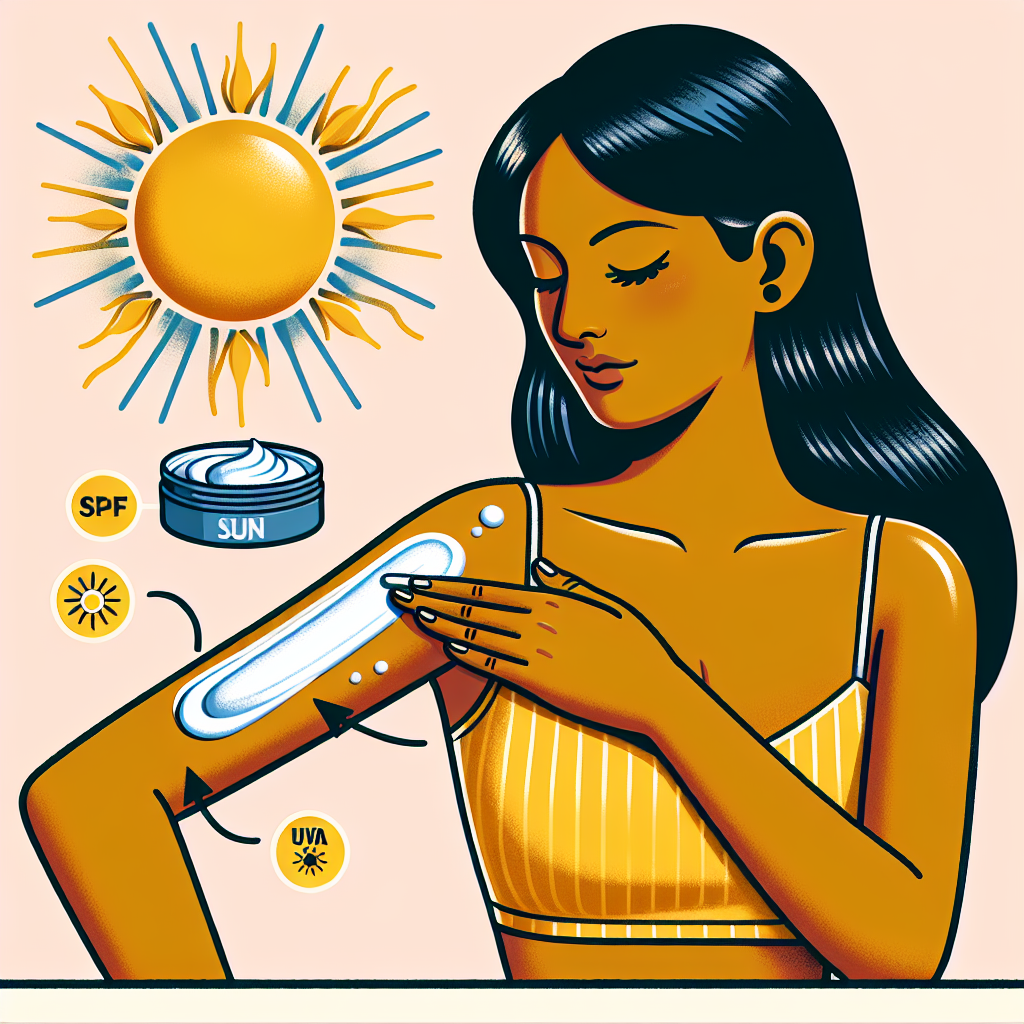In the pursuit of maintaining overall well-being, skin health often takes a backseat to other health concerns. However, the skin is not only our largest organ but also a crucial barrier protecting us from external harm. It’s vital to develop a skin health check routine for early detection of any issues, ranging from minor irritations to serious conditions like skin cancer. With the right knowledge and tools, you can take proactive steps to preserve your skin’s health.
Understanding the Importance of Skin Health
The skin is a complex organ that performs several vital functions. It protects against pathogens, regulates body temperature, and provides sensory information. The state of our skin can also reflect internal health issues, including nutritional deficiencies or hormonal imbalances. Maintaining skin health is, therefore, a window to our overall health and requires as much attention as any other aspect of our health regimen.
For more comprehensive insights into skin health, visit Avix Health’s dedicated skin health section.
Establishing Your Skin Health Check Routine
A regular skin health check routine involves self-examination and professional evaluations. Here’s how to get started:
Monthly Self-Examinations
You should examine your skin head-to-toe once a month. Look for new moles, growths, or spots, and monitor existing ones for changes in size, shape, or color. Use a mirror to inspect hard-to-see areas and don’t forget less exposed places like between your toes and under your nails.
Annual Dermatologic Exams
An annual skin examination by a dermatologist is crucial, especially if you have a higher risk of skin cancer. These professionals can spot potential issues that you may overlook.
Understanding Skin Type and Concerns
Different skin types require different care routines. Identify whether your skin is oily, dry, combination, or sensitive. This understanding will guide you in choosing suitable skincare products and habits.
For personalized skincare product recommendations, read about Personalizing Skin Care Products for Unique Skin Types.
Keeping a Skin Diary
Document any changes in your skin’s appearance or sensation. This record can be valuable in detecting patterns and identifying potential triggers for skin issues.
Prevention and Early Detection Strategies
Sun Protection
Sun exposure can cause skin damage, aging, and increase the risk of skin cancer. Use broad-spectrum SPF products daily and wear protective clothing.
Healthy Lifestyle Choices
A balanced diet, adequate hydration, regular exercise, and sufficient sleep all contribute to skin vitality. Avoid smoking and excessive alcohol consumption, as they can prematurely age the skin.
For insights into the impact of diet on skin health, explore the benefits of Vitamin-Rich Foods and Their Impact on Skin Vitality.
Skincare Products and Routine
Select products that align with your skin type and concerns. A basic skincare routine should include cleansing, moisturizing, and applying sunscreen. You might also consider products with active ingredients like retinoids, antioxidants, and peptides for additional benefits.
To understand the role of peptides in skincare, refer to The Role of Peptides in Skin Care and Rejuvenation.
Stress Management
Chronic stress can lead to skin problems like acne and eczema. Incorporate stress-reduction techniques like meditation, yoga, or deep-breathing exercises into your routine.
Recognizing Signs of Skin Problems
Early detection of skin issues can lead to better outcomes. Be aware of:
- Asymmetrical moles or spots
- Borders of moles that are irregular
- Colors that are varied within a mole
- Diameter larger than a pencil eraser
- Evolving size, shape, or color of any skin lesion
If you notice any of these signs, consult a dermatologist promptly.
Advanced Skin Health Checks
Advancements in dermatological technology now offer more sophisticated methods for skin analysis:
Digital Mole Mapping
This technology creates a comprehensive map of your moles and monitors them over time for any changes.
Dermoscopy
A dermoscope allows dermatologists to examine the skin in greater detail, enhancing the ability to detect suspicious lesions.
Biopsy
If a mole or lesion is concerning, a skin biopsy can be performed to determine if it’s benign or malignant.
Resources for Further Learning
To deepen your understanding and find additional strategies for skin health:
- American Academy of Dermatology: Offers guidelines on how to perform skin self-exams.
- Skin Cancer Foundation: Provides comprehensive information on early detection of skin cancer.
- National Institute of Arthritis and Musculoskeletal and Skin Diseases: A resource for various skin conditions and diseases.
Conclusion
Developing a skin health check routine is an essential part of overall health care. By performing regular self-examinations, seeking professional advice, and making informed lifestyle choices, you can detect issues early and maintain healthy skin. Remember to use the resources provided to further your knowledge and ensure that you’re using the most effective strategies for your skin’s health and well-being.



